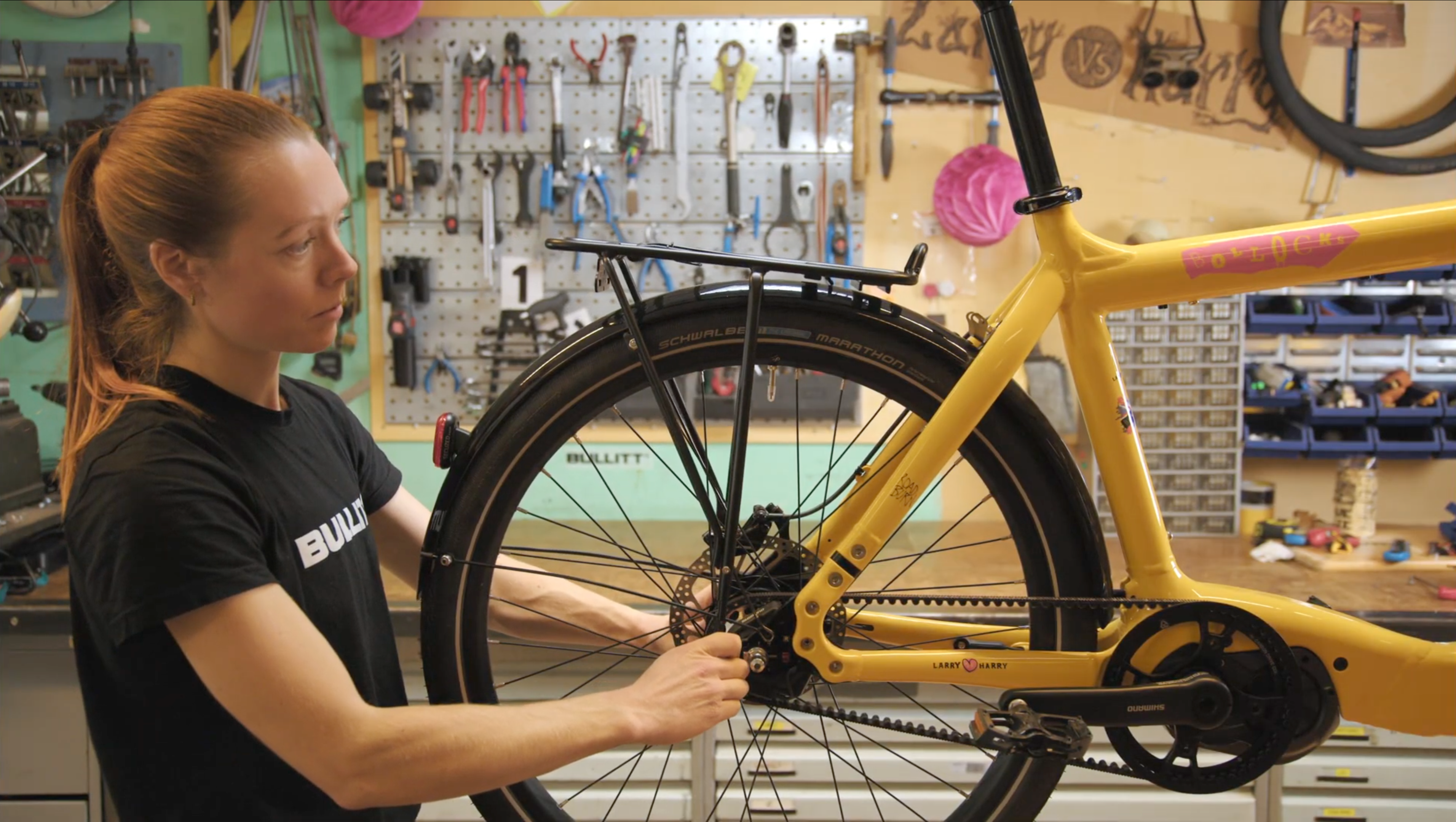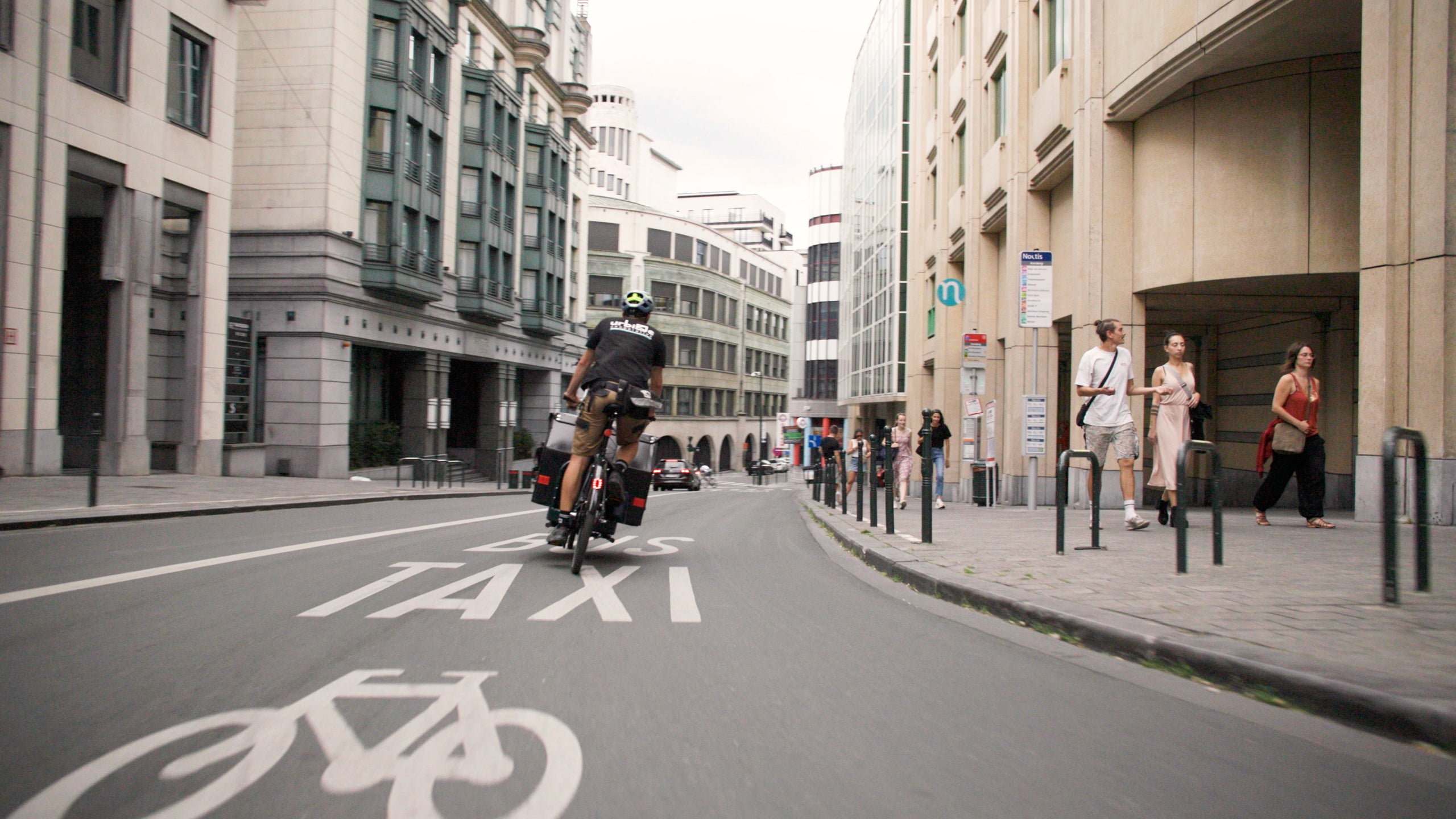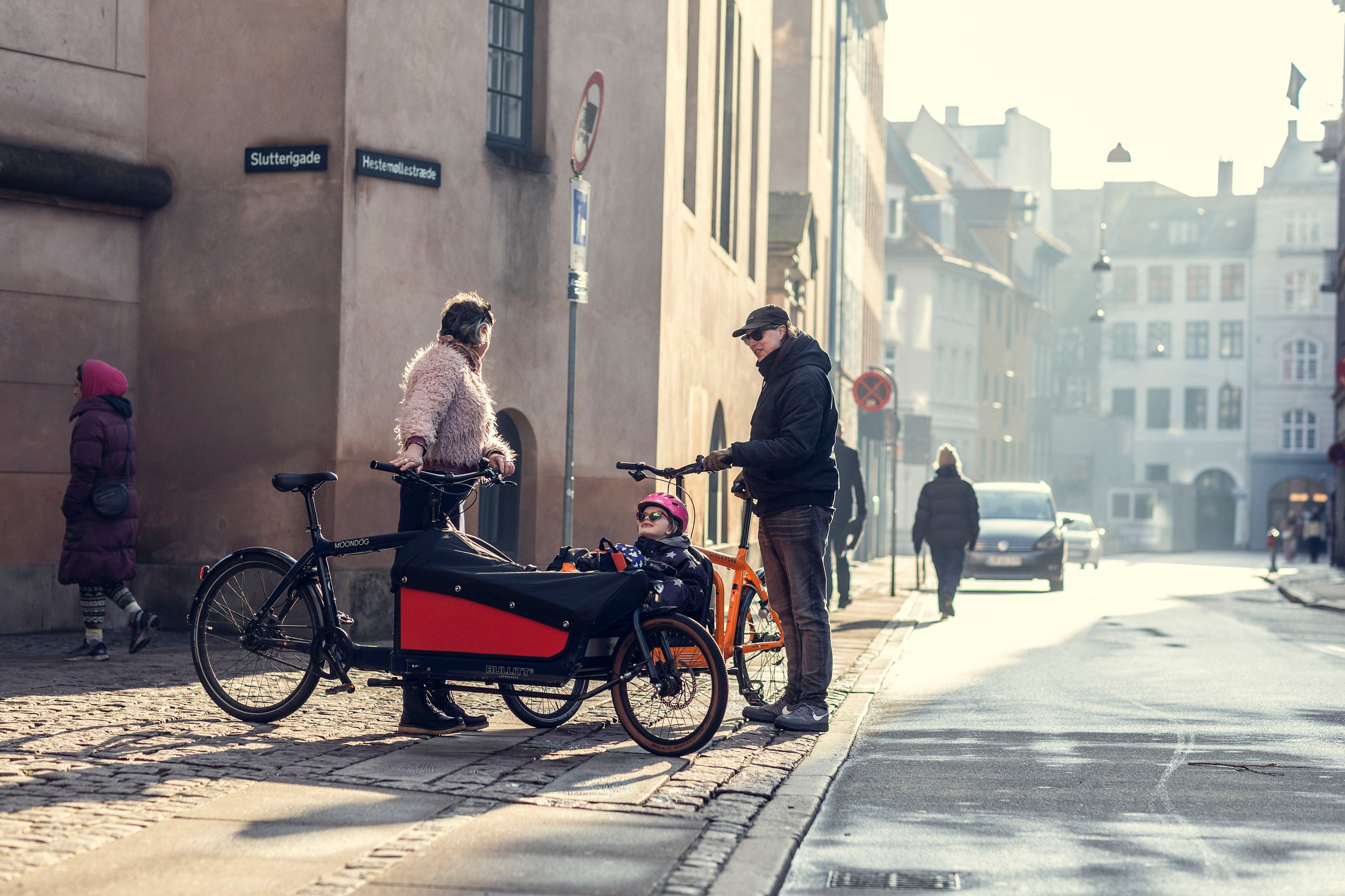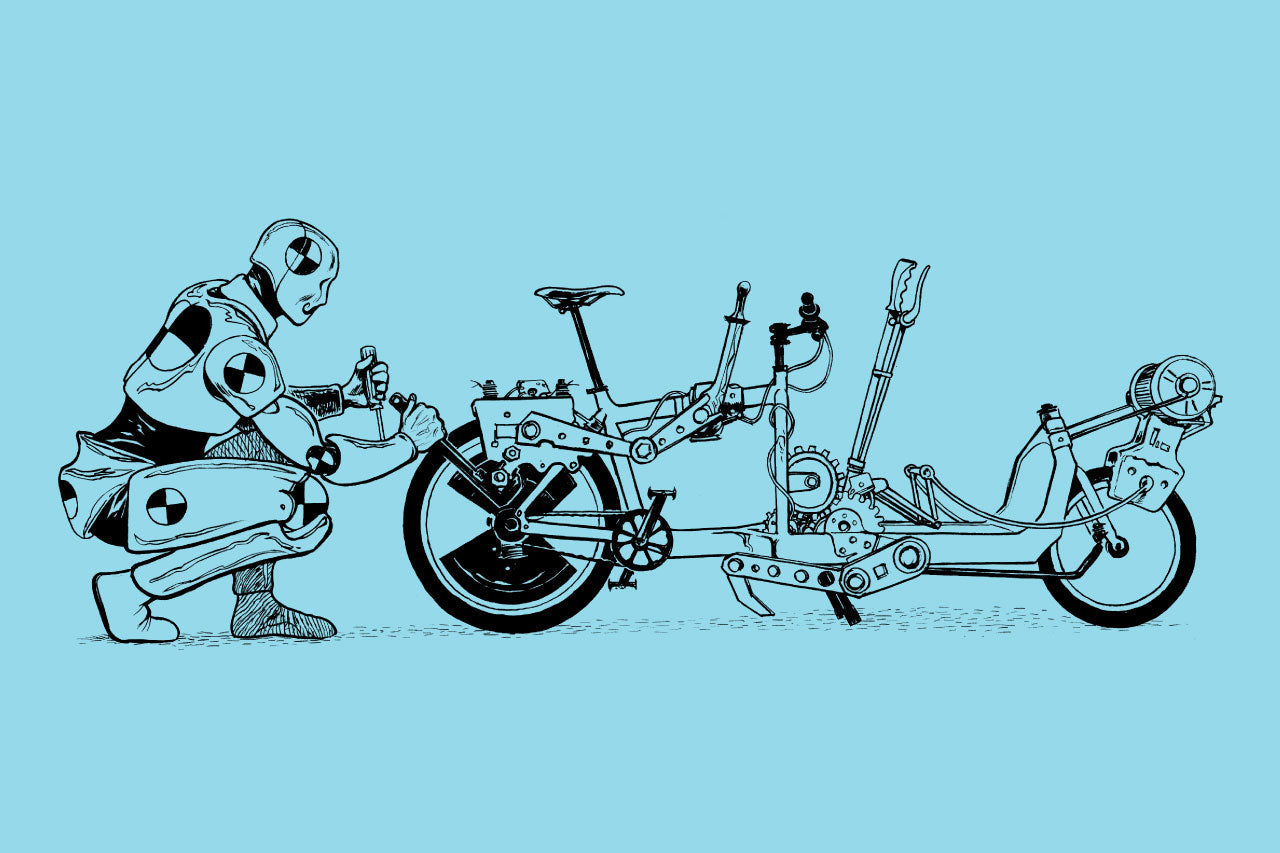Whilst cycling is booming, it seems like the car is also having a heyday as fewer people want to use public transport, and this is a tragedy and a very sad state of affairs as it will lead to less investment in public transport in the future and more capacity for vehicles on the roads.
With that in mind, a report on the impact of cycling was published that weighed up its carbon footprint, that comprehensively compared its cost based on manufacture and usage. This made for some interesting reading as it took into account the manufacturing impact of pedelec motors and batteries, plus the calorific intake of cyclists using ebikes and so the knock on effect of food production required to 'power' your average cyclist. Other factors like material choice for the bike have also been calculated along with the ability to recycle those materials once the life of the bicycle has come to an end.
All in all, it makes for some pretty interesting reading and aside from the more established arguments of bike vs car, it also brings in more contemporary factors like electric cars and electric assist bikes, plus the old fashioned favourite, walking.

The figures from this report are based on emissions from targets taken from the UK and published data from a significantly larger manufacturer than us who produce in the widely used materials; carbon, steel and most relevant for us here, aluminium.
There are so many factors to bear in mind here, that can cause some conflict in this data, average distances for example and diet... whether or not the calories replaced by cycling are based on a plant or meat based diet. It's somewhat unfathomable in some respects and it's also worth taking into account the report itself was published by a large cycling website so is essentially lobbying for more bicycle based journeys so has it's own agenda. But hey ho, it's our agenda too god dammit!
What strikes us here though is average distances people are now travelling to work, as it is clear these are no longer town or city based commutes, but a massive flux in tendencies for people be it driving or riding. These have increased exponentially over the last decade and will continue to rise by the looks of things.
Also a surprise is the impact of electrically assisted bikes from a manufacturing perspective. We are a company that cycles, a lot. Period. Most of these km's ridden by us and our employees are still done using non electric assist Bullitts, so it's not like we are sold hook line and sinker on eBikes... they have their place in the world and if there was ever a valid application for the eBike, it is on a cargo bike. But what surprised us was the relatively small impact attaching motors and batteries to bikes makes on their carbon impact. To produce a bicycle, all factors taken into account be it materials, packing and transport, averages out at 96kg CO2e, whilst that of an electrically assisted bike is 134kg CO2e.
Whilst that seems significant it balances out after you tot up the lifespan of a bicycle. What is fascinating is how the electrically assisted bicycle becomes more efficient as calorie consumption and electricity consumption are factored in. Behold!

This was somewhat of a revelation to be honest as the efficiency and impact of the Bullitt and cargo bikes generally have more of a far reaching potential than as simply a viable alternative to a regular bike. The gram per kilometre cost in CO2e per passenger of using a combustion engine based car is 271g! That is fourteen times that of cycling! Pretty staggering too be honest and hard to really justify in many respects.
Somewhat surprisingly it turns out cycling has even less impact than walking too which has a carbon cost of 56g CO2e per kilometre travelled. This, again, is based on required calorific intake and the added food production costs.
What this report really confirms and lays down the argument for, is the validity of electrically assisted bikes. Away with the taboo of them! They have so so much potential to make a positive impact in reducing emissions and for getting people out of these two ton hunks of metal and plastic. Don't forget that cycling is fun too! The sheer joy of whizzing through town or woodland cannot be measured in grams or kilometres and is more difficult to quantify, but it's essentially what makes us come back for more.
The report was published by Bikeradar and is really worth reading in full if you want more than simply our somewhat curtailed and incendiary interpretation of things! We just make and ride the things, what do we know haha!










